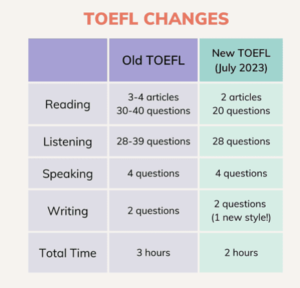
By Rishi Singh | 18 April, 2024
Factors to be Considered to Choose the Right Study Abroad Program for you
What do you want to achieve with your study abroad experience? Where do you want to go? What courses are available there? Do you come across such questions while choosing the right study abroad program, involves careful consideration of various factors to ensure it aligns with your academic, personal, and professional goals. These are some steps to help you make an informed decision.
Identify your goals: Determine what you want to do while you’re studying abroad. Do you want to get better at speaking another language, learn about a new culture, earn school credits, or make it easier to get a job later? Knowing what you want to do will help you decide which study abroad program is right for you.
Research destinations: Look into different countries and cities where you can study abroad. Think about things like what language people speak, what their culture is like, what the weather is, how safe it is, how much things cost, and how close it is to cool places to visit which college you want to go, according to your subject which college is good. Make a list of places that interest you and align with your preferences.
Choose a program type: Decide on the type of study abroad program that suits you best. Options include semester/year-long exchange programs, short-term summer/winter programs, internship opportunities, volunteer programs, and specialized study tours. Think about how long you want to go, what classes you need to take, and if you want to do any other activities outside of university.
Weather: Researching the weather for a study abroad program is a smart move to prepare for your time abroad. Before Going to the country you have chosen it is important to know the climatic conditions.
Review academic offerings: Evaluate the academic curriculum and course offerings of each program to ensure they align with your academic interests and requirements. Check if the program offers courses in your major/minor field of study, as well as elective options that appeal to you. Also, consider the reputation and accreditation of the host institution.
Consider language requirements: If you plan to study in a non-English-speaking country, assess your language proficiency and determine if the program requires language proficiency tests (e.g., TOEFL, IELTS). Some programs offer language courses or immersion programs to help improve your language skills.
Evaluate costs and financial aid: Calculate the total cost of the study abroad program, including tuition fees, accommodation, meals, transportation, insurance, visa fees, and personal expenses. Explore scholarship opportunities, grants, loans, and financial aid options available for international students. Compare the affordability of different destinations and programs as per your pocket.
Consult with advisors: Seek guidance from academic advisors, study abroad advisors like Education Street, professors, alumni, and peers who have participated in study abroad programs. They can offer valuable insights, advice, and recommendations based on their experiences and expertise.
Review support services: Consider the support services provided by the host institution or study abroad provider, such as orientation sessions, academic advising, housing assistance, cultural integration programs, health services, and emergency support. Assess the level of support available to international students and the overall student experience.
Reflect on personal preferences: Reflect on your personal preferences, interests, and comfort level when choosing a study abroad destination.
With the help of these factors and carefully considering them you can choose the right study abroad program that fulfills your aspirations and enriches your educational journey.



